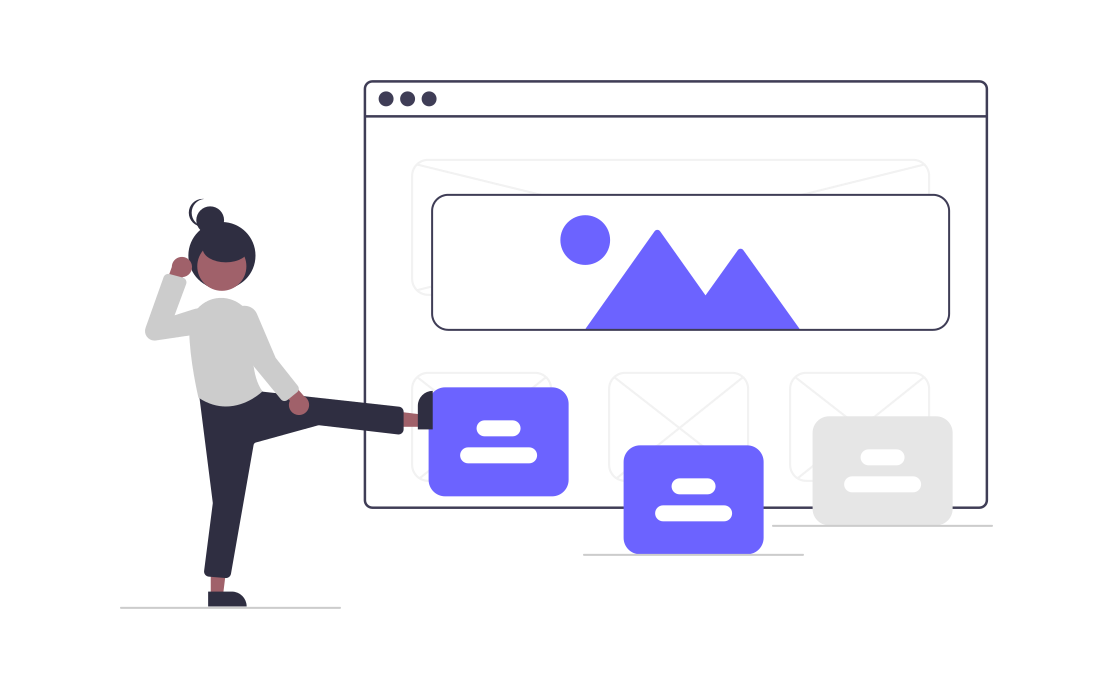In today's competitive business landscape, understanding and effectively targeting your audience is crucial for success. One powerful strategy that companies can employ to achieve this is demographic segmentation. This approach involves dividing a market into segments based on demographic factors such as age, gender, income, education, and more. By doing so, businesses can tailor their marketing efforts to meet the specific needs and preferences of different groups, leading to increased efficiency and effectiveness in their campaigns. Here, we delve into the key benefits of demographic segmentation and why it is vital for businesses.
Enhanced Customer Understanding
Demographic segmentation allows businesses to gain a deeper understanding of their customer base. By categorizing customers into distinct segments, companies can analyze the specific needs, preferences, and behaviors of each group. This deeper understanding enables businesses to create more personalized marketing messages that resonate with each segment, ultimately leading to better engagement and conversion rates.
Improved Targeting and Positioning
With demographic segmentation, businesses can improve their targeting and positioning strategies. By identifying and focusing on specific demographic groups, companies can allocate their marketing resources more efficiently. This precision helps in creating targeted campaigns that are more likely to attract and retain customers from those segments. Moreover, better positioning within the market can be achieved as businesses can tailor their products, services, and marketing messages to meet the unique needs of each demographic group.
Increased Marketing Efficiency
One of the significant advantages of demographic segmentation is the increase in marketing efficiency. When businesses know who their target audience is, they can create more focused and relevant marketing campaigns. This targeted approach not only reduces wasteful spending on broad and ineffective advertising but also maximizes the impact of each marketing dollar spent. By reaching the right audience with the right message at the right time, businesses can significantly enhance their return on investment (ROI).
Enhanced Product Development
Demographic segmentation also plays a crucial role in product development. By understanding the specific needs and preferences of different demographic groups, businesses can develop products and services that cater directly to those needs. This customer-centric approach to product development ensures that new offerings are more likely to be well-received by the target market, leading to higher sales and customer satisfaction.
Better Customer Retention
Retention is a key component of business success, and demographic segmentation can significantly enhance customer retention efforts. By continuously analyzing and understanding the changing needs and preferences of different demographic segments, businesses can adapt their strategies to keep existing customers satisfied and engaged. Personalized marketing, tailored customer service, and relevant product offerings all contribute to a stronger, more loyal customer base.
Effective Communication Strategies
Communication is at the heart of any successful marketing campaign, and demographic segmentation enables businesses to develop more effective communication strategies. Different demographic groups respond to different types of messages, channels, and tones. By understanding these preferences, businesses can craft communication strategies that are more likely to resonate with each segment, leading to better engagement and stronger brand loyalty.
Competitive Advantage
In a crowded marketplace, having a competitive edge is essential. Demographic segmentation provides businesses with the insights needed to differentiate themselves from competitors. By offering tailored products, services, and marketing messages that meet the unique needs of specific demographic groups, businesses can stand out in the market. This differentiation not only attracts more customers but also positions the business as a leader in its industry.
Optimized Media Planning
Media planning is another area where demographic segmentation proves beneficial. By understanding which media channels are most effective for reaching different demographic groups, businesses can optimize their media spend. Whether it's social media, television, print, or online advertising, targeted media planning ensures that marketing messages reach the right audience through the most appropriate channels, enhancing overall campaign effectiveness.
Enhanced Customer Insights
Continuous analysis of demographic segments provides businesses with valuable customer insights. These insights can be used to refine marketing strategies, improve product offerings, and better understand market trends. Over time, this ongoing analysis helps businesses stay ahead of the competition by anticipating and meeting the evolving needs of their customers.
Strategic Business Growth
Finally, demographic segmentation supports strategic business growth. By identifying and targeting high-potential demographic segments, businesses can focus their efforts on areas with the greatest growth opportunities. This strategic approach ensures that resources are invested in the most promising segments, leading to sustainable business growth and long-term success.


